
Not only that, Friedmann also gave lectures on aeronautics for pilots and flew aircraft during the first world war. His students included such distinguished scientists as George Gamow and Vladimir Fock.
Early years
Friedmann received a bachelor's degree in 1910 and quickly joined Saint Petersburg Mining Institute as a lecturer.
Training
His love of the pure sciences encouraged Friedmann to exchange letters, while fighting the war, with mathematician Vladimir Steklov – a friend from college days, in order to stay updated on new activities in the world of physics.
A new theory
In June of 1922, Friedmann introduced his own idea that the entire universe’s curvature could be a function of time.
Revolt
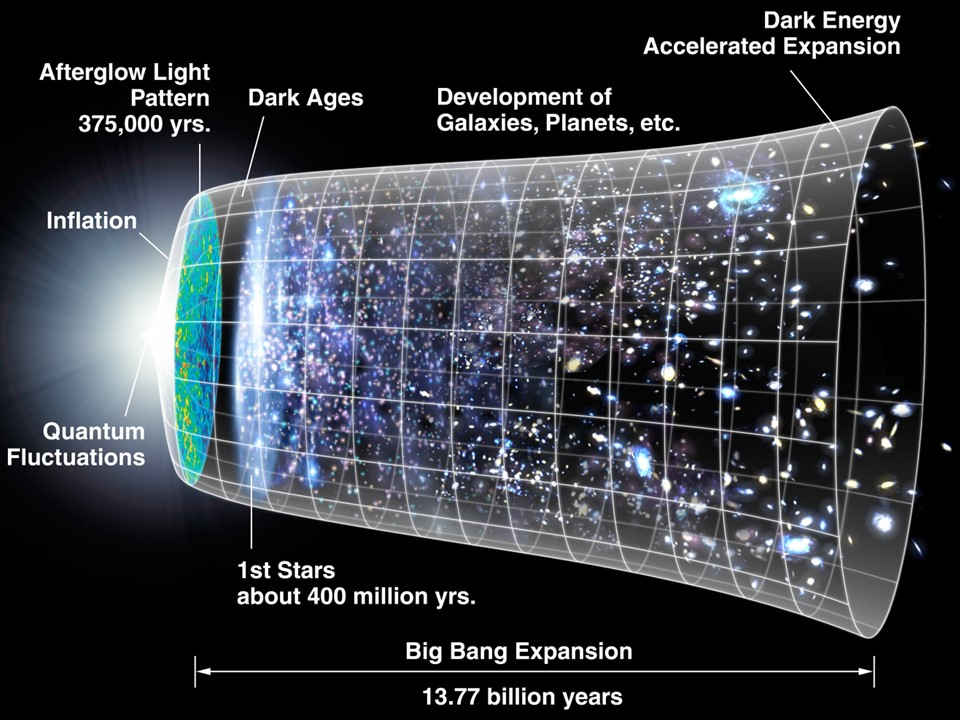
Summing up
Friedmann received many honors after death, including a crater on the Moon which is named after him. Also, a prestigious Friedmann Prize is awarded once every three years to a single scientist for outstanding work done in cosmology.






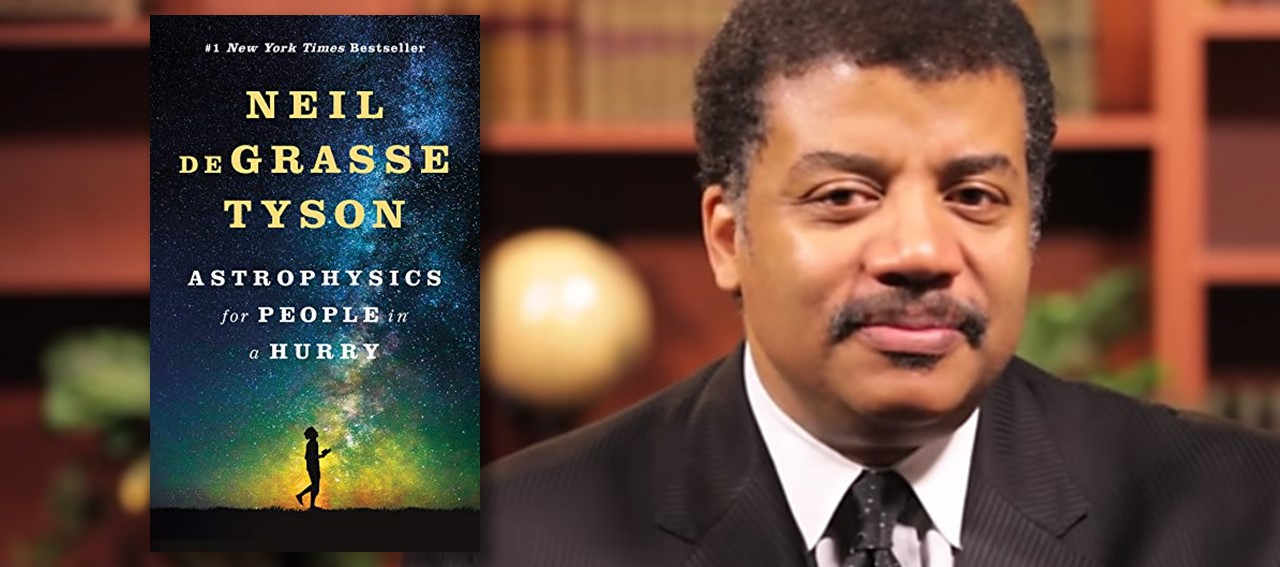
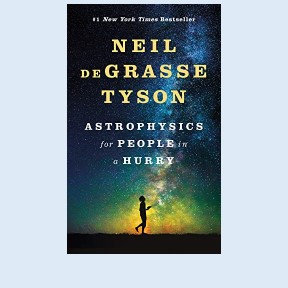

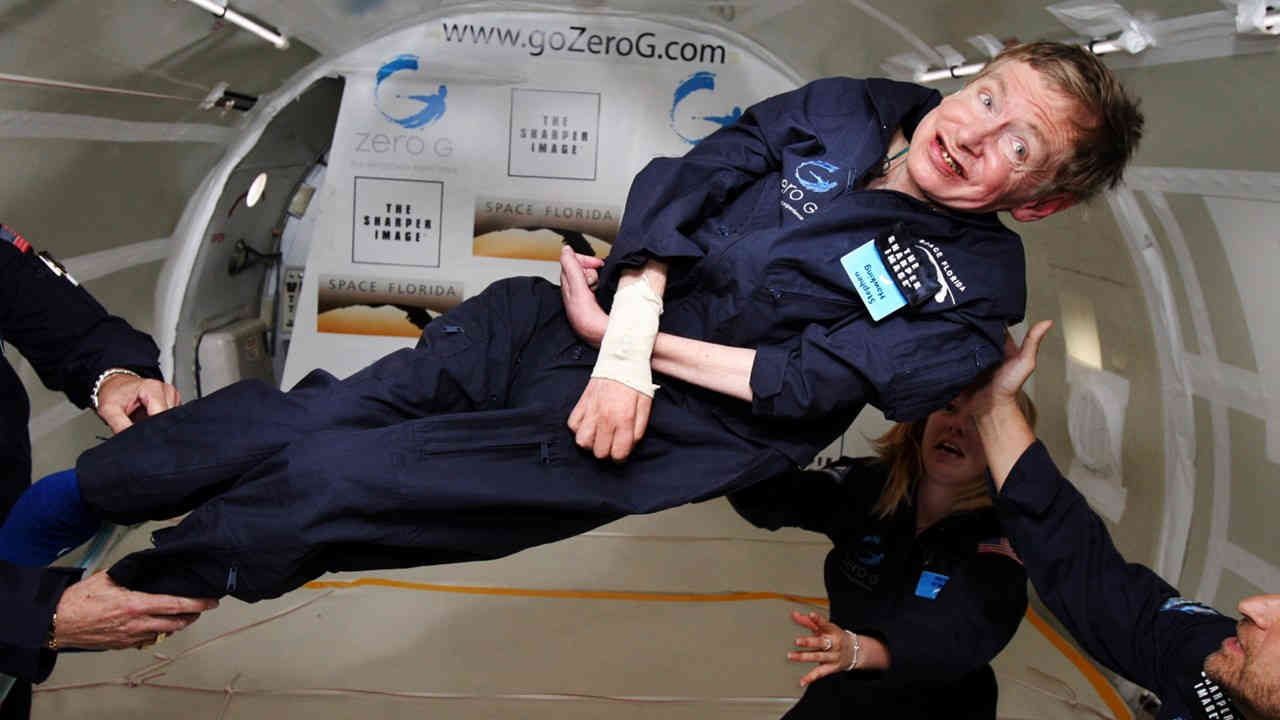





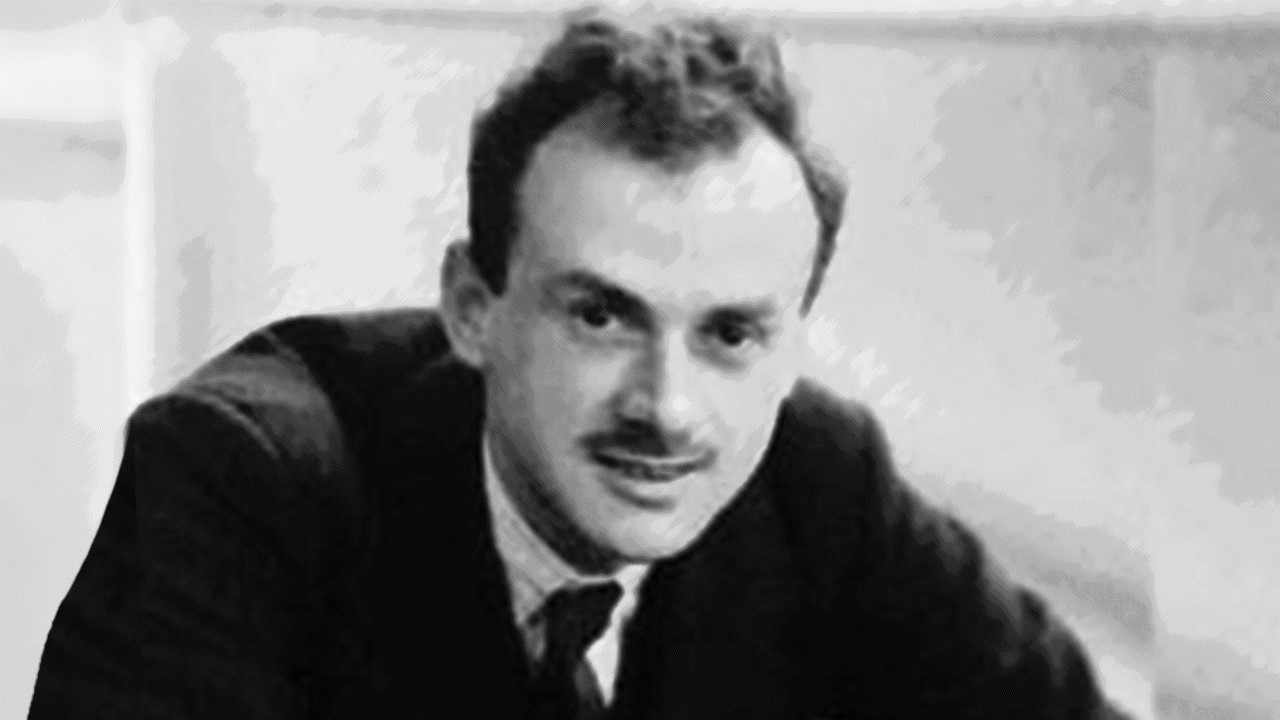
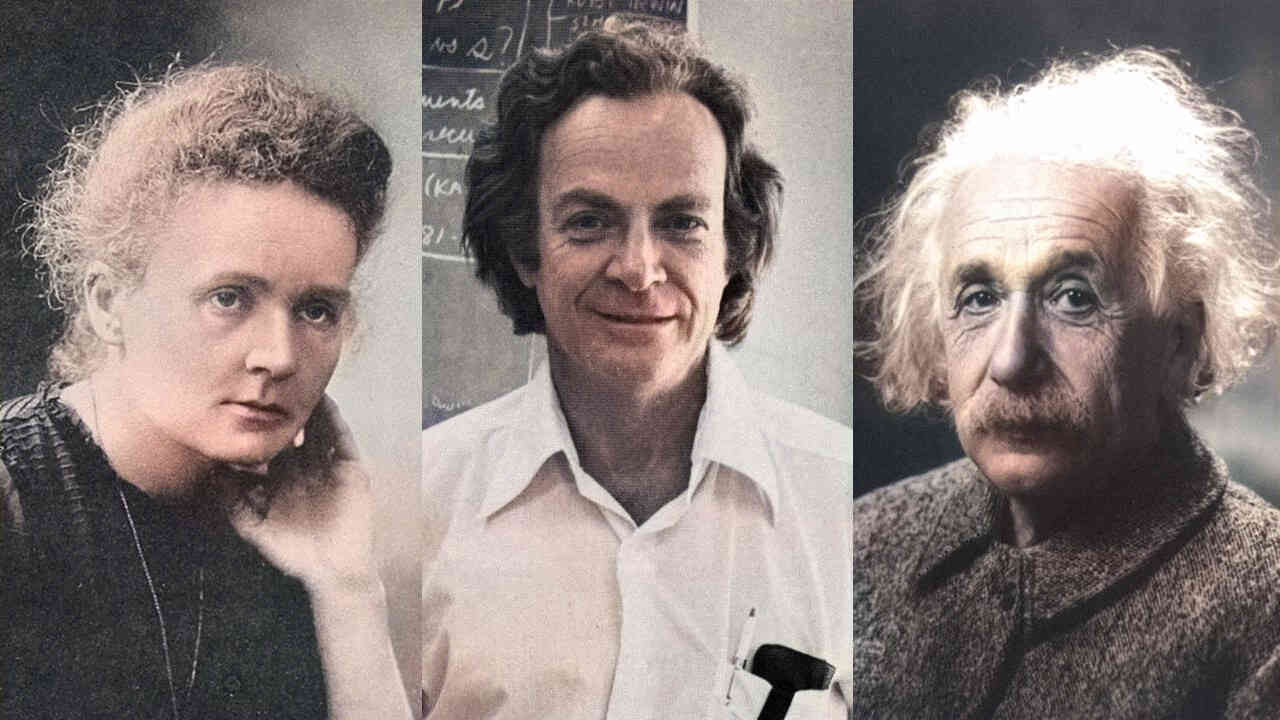



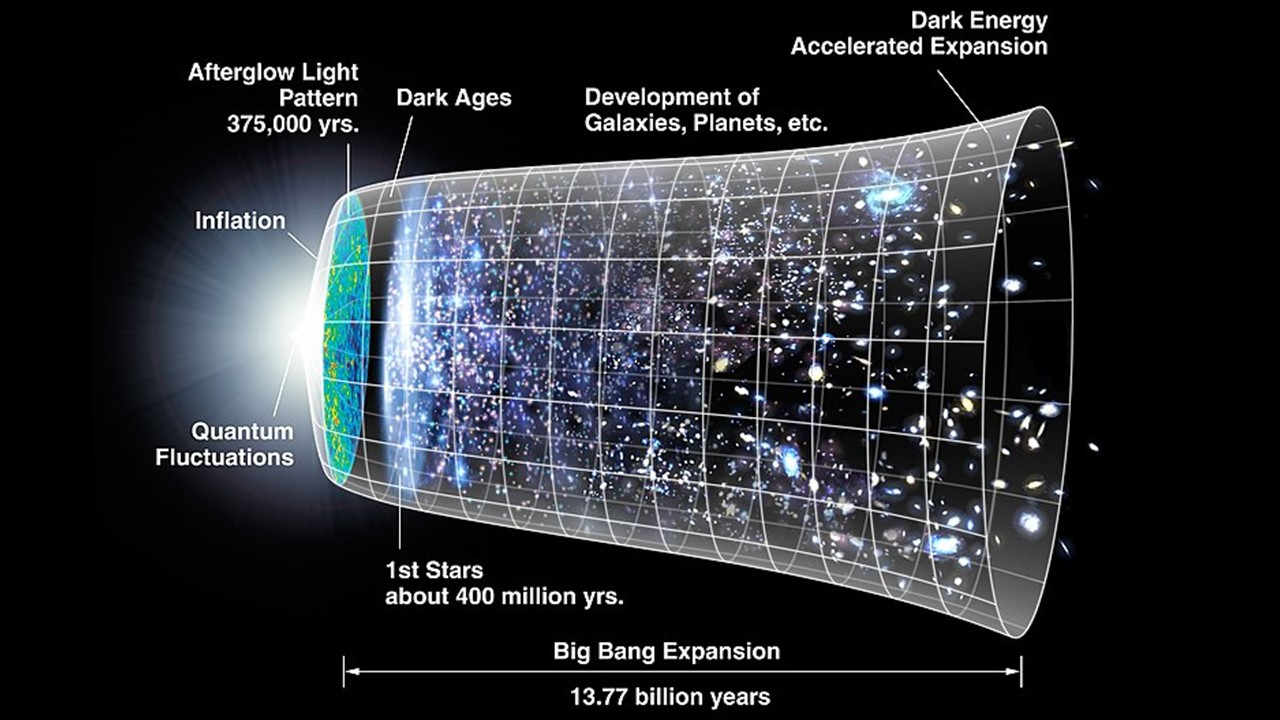
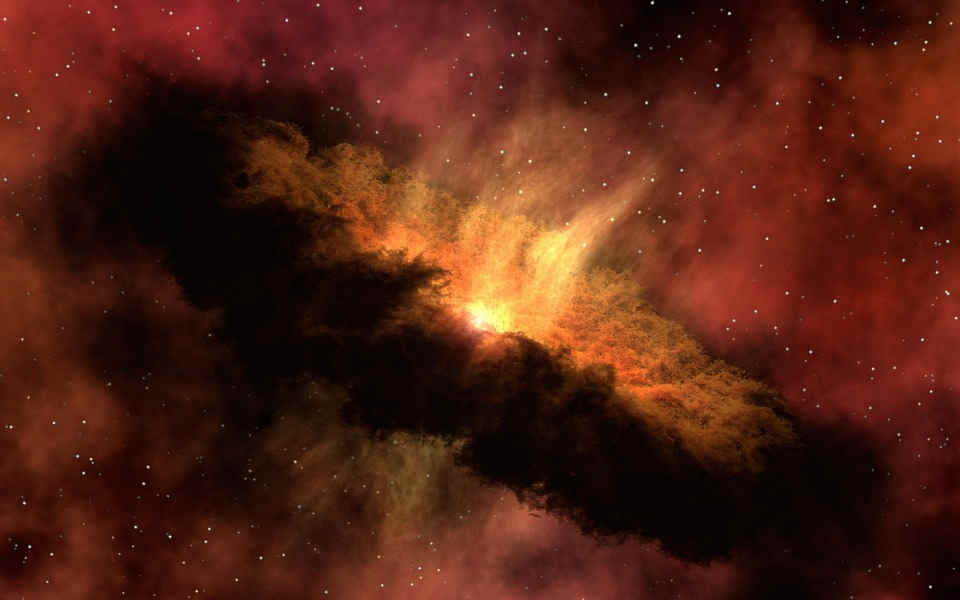
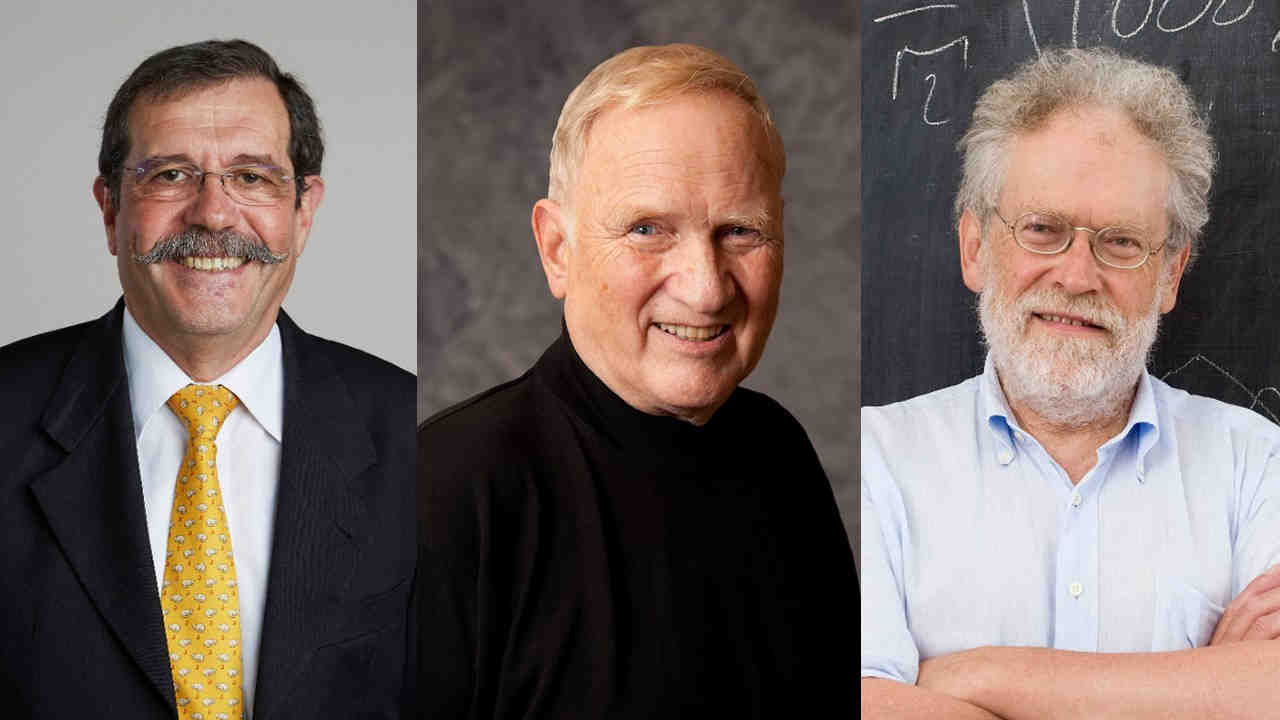

 Physics, astronomy and science history blog for students
Physics, astronomy and science history blog for students